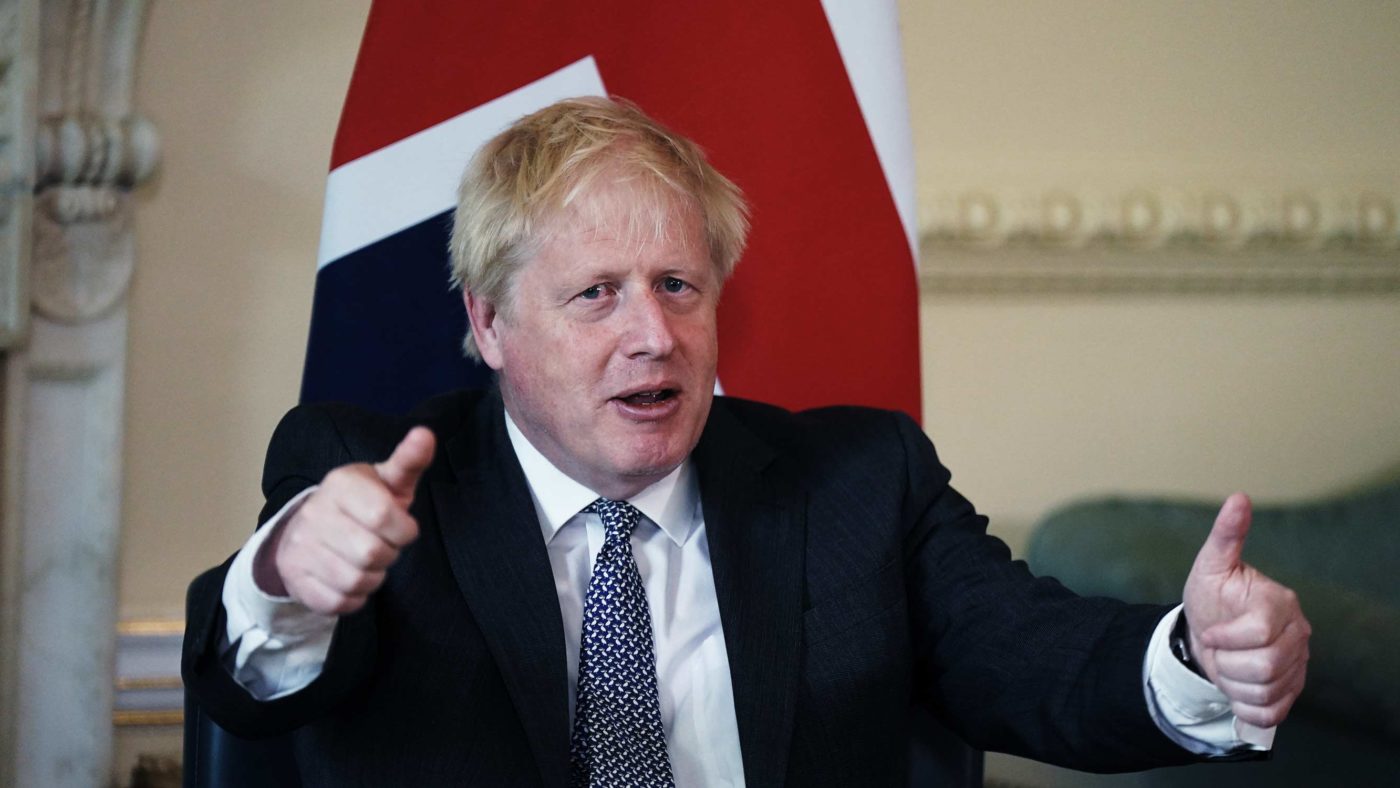It was so close. Right up until the last minute, it looked as if the Home Office might actually have pulled off a political win. The Rwanda policy had survived contact with every British court that looked at it – only to get shot down by Strasbourg.
Cynics have suggested that this was always the goal – that what the Government wanted was less an expensive deportation scheme than yet another wedge issue on which to open up yet another front for the culture warriors.
Perhaps the best exemplar of this was less the backlash against the European Court of Human Rights – there is at least a solid Conservative case for repatriating our legal order from Strasbourg – than the cartoon-villain talk of expelling the bishops from the House of Lords.
The Lords Spiritual had penned a joint letter to the press denouncing the Rwanda plan, and this was apparently enough to get Johnson loyalists snarling (anonymously) to journalists that perhaps the Established Church shouldn’t have a role in public life after all.
Again, there is a respectable intellectual case to be made against having the bishops in the Upper House. But there is no pretending that this is what animates the current backlash.
Instead, it fits into a long-standing pattern whereby this Government seems to spend more time looking for enemies – and in them, excuses – than solutions.
Enemies need to be fought. But if you’re only picking the battle for the sake of having the battle, then more likely than not you won’t actually be prepared to fight it.
Lords reform is a complicated and very important topic, given the under-appreciated and important role the Upper House plays in the proper functioning of Parliament. Smashing even an innocuous-seeming part of this complex machinery of the state in a fit of pique is unworthy of a Conservative administration – and likely to do more harm than good.
Once you start looking for it, it’s a common pattern. Perhaps the most worrying example is the looming battle over the Northern Irish Protocol. Who could truly believe the Prime Minister has girded himself for a showdown with Brussels when the press were reporting him attacking Liz Truss over her new bill mere days before it was brought forward?
Quitting the European Convention on Human Rights would be another big and complex legal and foreign policy challenge for which any government would need to be well prepared. The chances of drawing up an effective proposal in a few days after one high-profile defeat are vanishingly small.
This reflex for picking fights for the sake of the optics is a recipe for either u-turns or defeats. It is telling that those areas where the Government has made real progress, such as the unilateral extension of ‘grace periods’ for trade with Northern Ireland, have been in places where Johnson has entrusted one fight to empowered ministers who have taken a long-term, unshowy approach.
But most frustrating of all is that, perhaps again because these fights are rushed into, the assault always takes a lowest-common-denominator form.
An imaginative right-wing government with a serious interest in shaping the cultural landscape in this country could probably have thought of some uses for a state-owned broadcaster such as Channel 4. Instead, ministers are merely selling it off – a move which likely won’t even do anything to mitigate, and might even exacerbate, its leftward bias.
Likewise, why expel the bishops when you could instead… appoint the bishops?
The Church of England is the state church. That grants it certain privileges but ought, too, to entail certain privileges for the state and the government which administers it. And indeed the Prime Minister exercised a role in episcopal appointments until very recently, when Gordon Brown set the power aside in a moment of presbyterian piety.
Would this outrage many senior Anglicans? Sure! But that should scarcely bother the Government – it would get the fight it seems to want. It’s just that the result of a win would be a genuinely useful and conservative reform, rather than a random act of vandalism.
Click here to subscribe to our daily briefing – the best pieces from CapX and across the web.
CapX depends on the generosity of its readers. If you value what we do, please consider making a donation.


